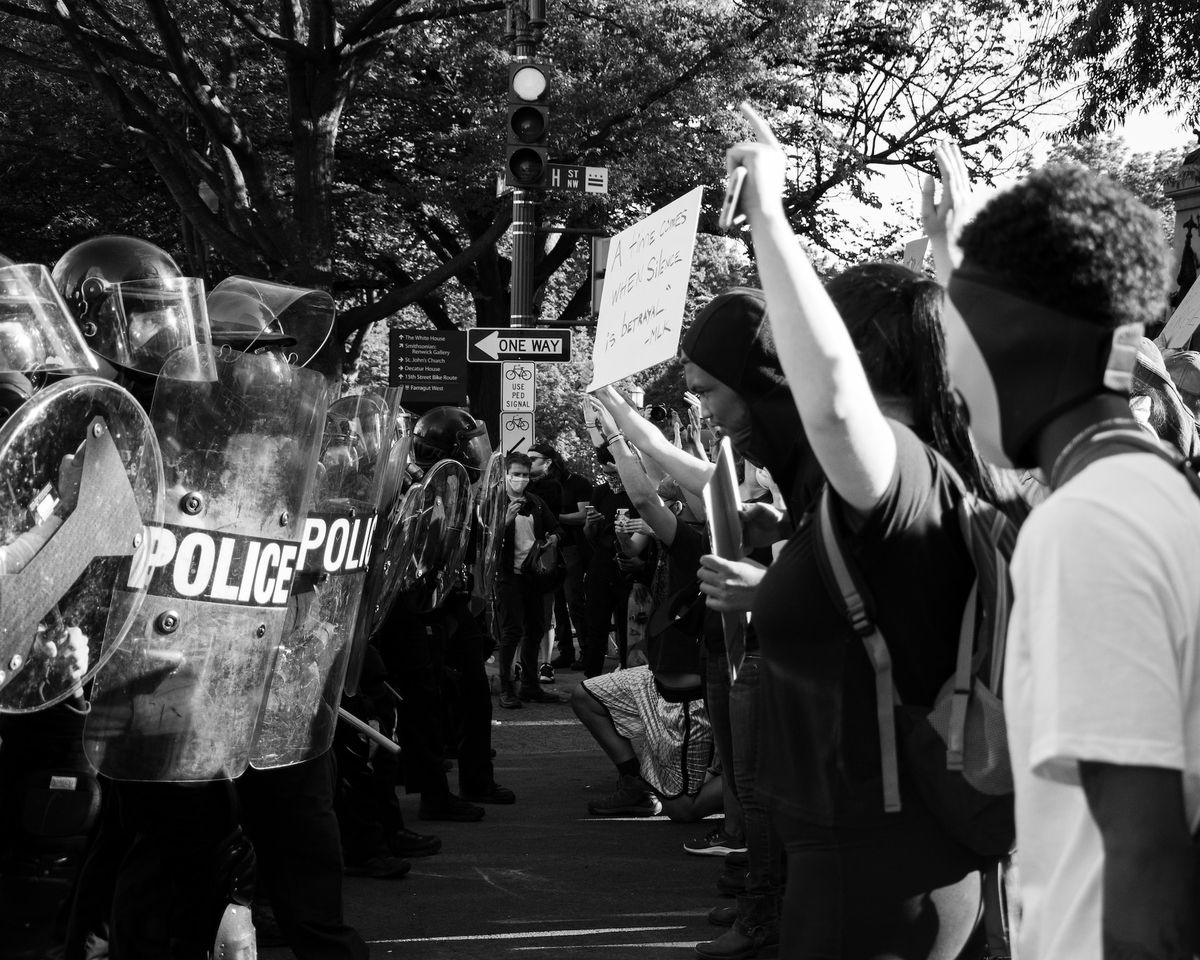
Just Policing: Transnational Perspectives on the Definition and Possibility of Justice in Law Enforcement
Funded by the Andrew W. Mellon Foundation and slated for the 2024–2025 academic year, this Sawyer Seminar will explore the histories of (in)justice in policing across the Americas, Africa, and Europe and contemporary efforts to reform, transform, or abolish policing. The goal of the seminar is to ask: Can policing ever be “just”?
Throughout the seminar, leading scholars and community activists will give weekly public talks and serve as a springboard for participants to collectively think about policing and its future. In Fall 2024, we will turn our gaze to the past, using examples across the Atlantic world to understand the diverse roots of the police. Then, in Spring 2025, we will examine current case studies and proposed solutions to the problems of policing. Across both terms, the seminar is thus structured to help us answer the question: Can we imagine a form of law enforcement outside the histories of class conflict, enslavement, and imperialism?
The seminar will be open to both the University of Minnesota community and the public. Masters, doctoral, and professional (JD, MD) students in any department at the U of M are welcome to enroll in the seminar. The project will fund two PhD candidates and a postdoctoral scholar to bring particular national or regional perspectives to the study of policing. The call for postdoc applications will be distributed in the fall of 2023.
Project Leads
William P. Jones: Professor, Department of History, University of Minnesota
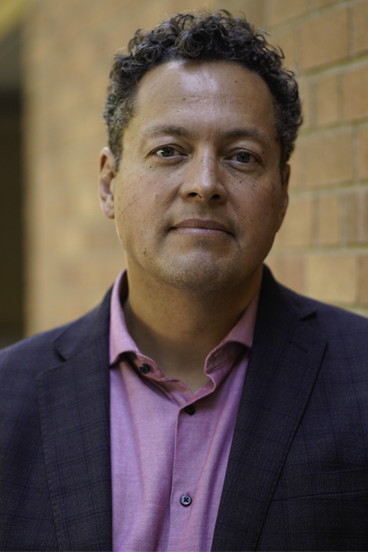
William P. Jones is Professor of History at the University of Minnesota. His research centers on race and labor in the United States, and he is author, most recently, of Police Collective Bargaining and Police Violence: A Policy Report, A Joint Project of Community Change and the Center for Labor and a Just Economy Labor at Harvard Law School (August, 2023).
Yalile Suriel: Assistant Professor, Department of History, University of Minnesota
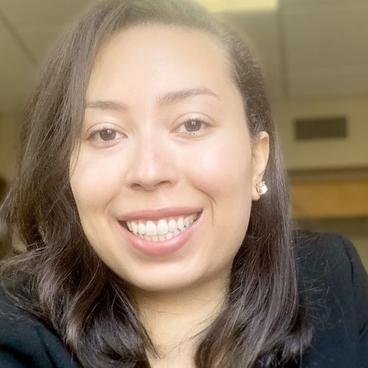
Yalile Suriel is an assistant professor of universities and power in the History Department at the University of Minnesota. Her work examines how the U.S. carceral apparatus intersects with higher education.
Susanna L. Blumenthal: William L. Prosser Professor of Law and Professor of History, University of Minnesota
Susanna L. Blumenthal is the William L. Prosser Professor of Law and Professor of History at the University of Minnesota. She is the author of Law and the Modern Mind: Consciousness and Responsibility in American Legal Culture (Harvard University Press, 2016). Her current research examines law’s role in policing the borderland between capitalism and crime. Longer term projects center on violence and its regulation in carceral institutions in U.S. history.
Michelle S. Phelps: Associate Professor, Department of Sociology, University of Minnesota
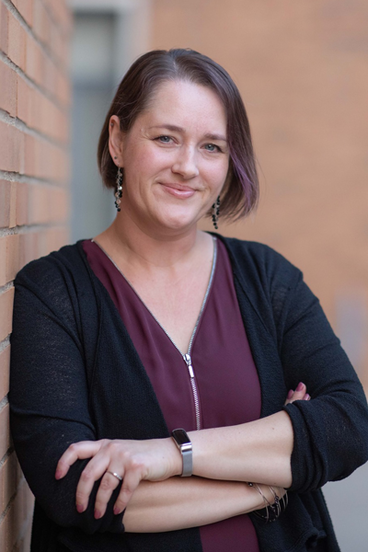
Michelle S. Phelps is Associate Professor in the Department of Sociology at the University of Minnesota. Her research is in the sociology of punishment, focusing in particular on the punitive turn in the U.S. through the lenses of policing, probation, and prisons. She is the co-author of Breaking the Pendulum: The Long Struggle Over Criminal Justice (Oxford, 2017).
Sarah Balakrishnan: Assistant Professor, Department of History, Duke University
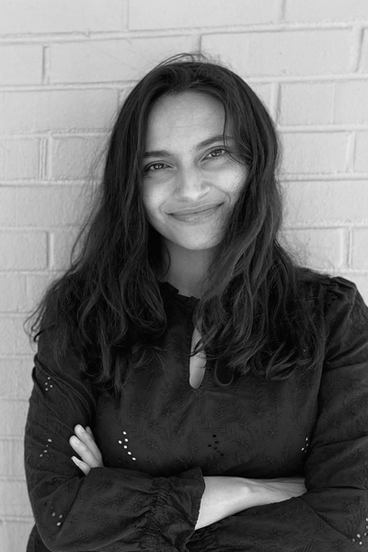
Sarah Balakrishnan is an Assistant Professor of History at Duke University. Her work studies the imperial encounter in southern Ghana through changes to space, capital and the political imagination. Her publications have featured several studies on indigenous prisons in precolonial Ghana, published in journals including The Journal of African History, Comparative Studies in Society and History, and Punishment & Society.